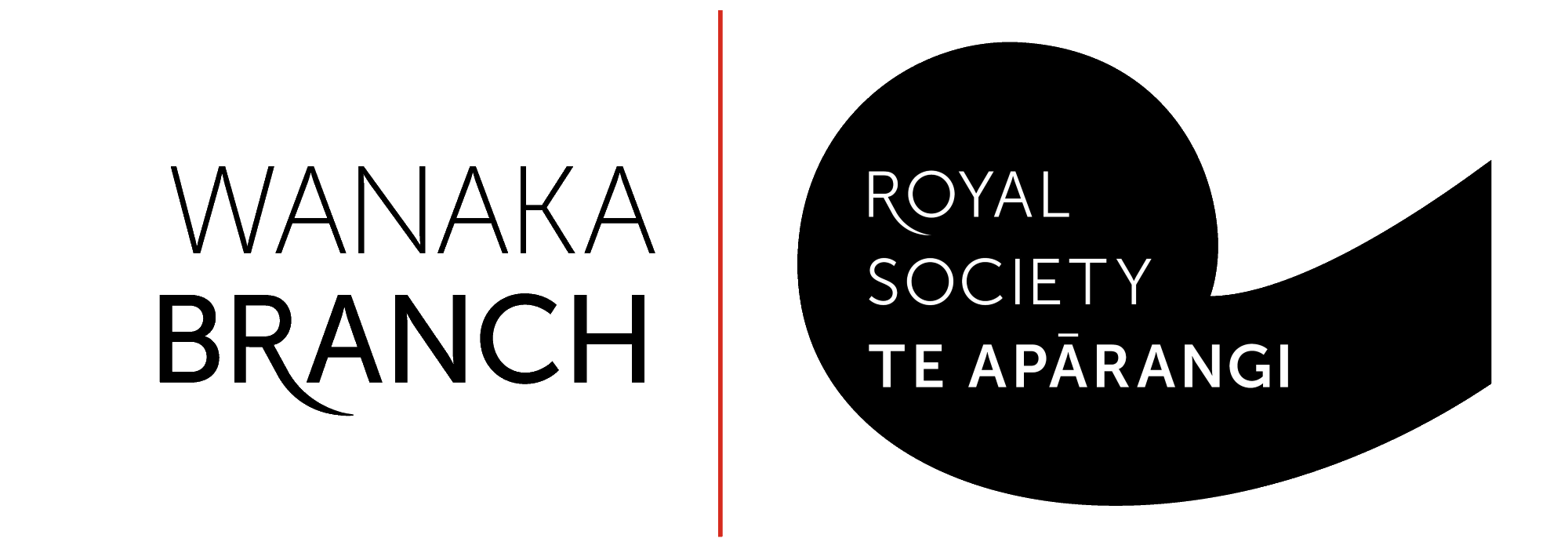Parkinson’s Disease and Stroke – Towards New Treatments
Friday 22nd May 2015 6 pm Presbyterian Community Centre Tenby St. Associate Professor John Reynolds, Associate Professor of Neuroscience, Department of Anatomy, University of Otago. Assoc Prof Reynolds will review recent work he and others have been undertaking towards new therapeutic approaches to Parkinson’s disease and stroke. He will describe an approach that his team is taking to restore the natural activity of the dopamine system that is lost in Parkinson’s disease. He will also describe novel and promising neurostimulation approaches designed to increase the functional gains obtained from rehabilitation following stroke.

